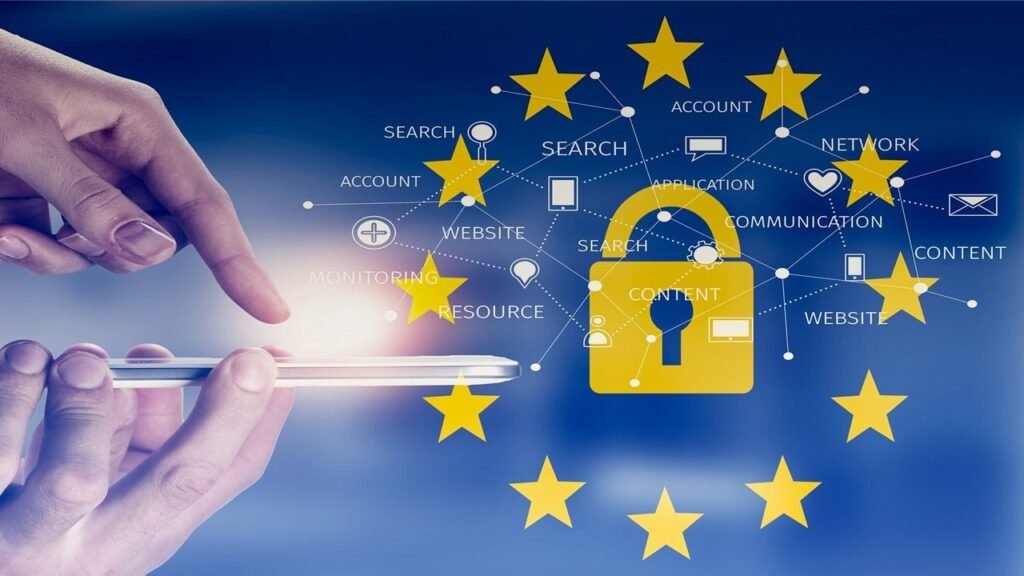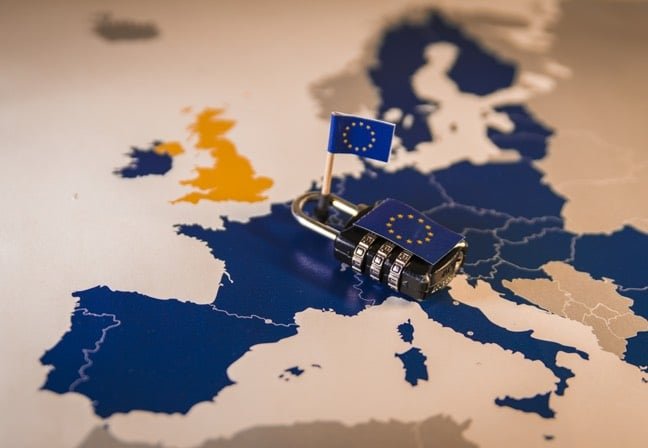The unintended consequences of emerging compliance regulations

Online data is more prevalent and valuable than ever before, for consumers, businesses and fraudsters alike. While the ability to do anything, from anywhere has its benefits, including convenience and constant connectivity, there’s also a dark side: criminals waiting to exploit your most personal, sensitive information. In fact, the total number of personal records exposed in data breaches more than doubled over 2018, compared to 2017.
The value of data has led to new legislation intended to protect information shared and stored online. Europe’s GDPR became binding in May 2018, and a variant in California is slated to become effective in 2020, complicating matters for companies that limited their European data presence in hopes of avoiding GDPR. In addition, the revised Payment Services Directive (PSD2), intended to democratize access to data and simultaneously protect it through Strong Customer Authentication (SCA), will come into effect in Europe in September 2019.
- Why it’s high time we regulated Big Tech
- The GDPR paradox: how data regulation creates revenue streams
- Google fined €50m by French data regulator
A closer look at the unintended consequences
Perversely, both GDPR and PSD2, which were created to protect customers and their data, actually introduce new risks and complications for businesses operating online.
Be the first to write a comment.


